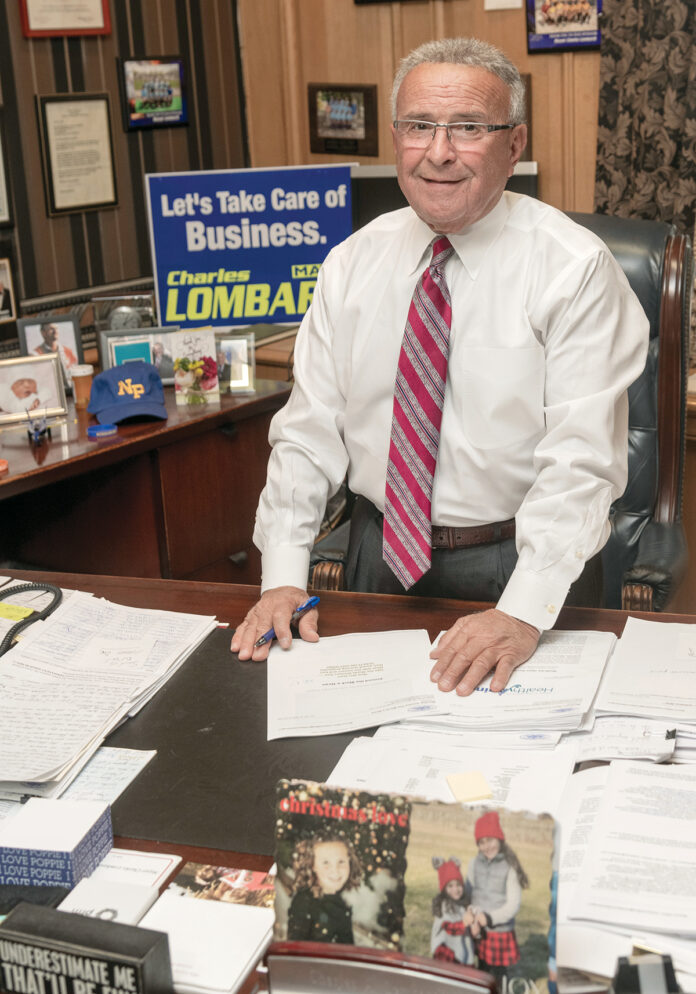1. What has been the biggest challenge for R.I. municipalities from COVID-19?
None of Rhode Island’s federal CARES [Coronavirus Aid, Relief, and Economic Security] Act funding [has] been allocated to local communities. At the same time, the state has delayed or even reduced expected aid payments to municipalities, causing cash-flow issues.
2. The pandemic has strained relationships between municipalities and state government over financial aid, enforcement and reopening guidelines. How do you plan to improve communication between the state and cities and towns?
Overall, I think we have worked together to enforce state health and safety orders and guidelines, which has helped protect residents and save lives. The governor’s Municipal Resilience Task Force is an area that I hope can be a venue for clear communication on longer-term issues, [such as] the costly mandates that continue to come down from state agencies and the legislature.
3. What long-term financial ramifications will the pandemic have on municipal budgets?
If businesses are forced to close because of the pandemic, cities and towns will face lower property tax revenues in the coming years, which is the main funding source for local governments. Also, in the last recession the state cut aid to cities and towns by over $200 million, leading to property tax increases, municipal layoffs and service cuts. We can’t afford to make that mistake again.
4. What is the league’s stance on defunding the police?
I do not support defunding any local police department. We need to provide high-quality training to police officers, and when any public employee acts inappropriately, we need the tools to be able to bring swift action. The league has been active in efforts to reform the Law Enforcement Officers Bill of Rights to improve accountability and transparency.
5. What are your top three priorities as president of the league?
We need to make sure that cities and towns are appropriately reimbursed for the financial impacts of COVID-19. Consolidating and regionalizing services between communities is our salvation and also has to be a priority. Finally, we need to make sure that members of the General Assembly follow the advice of local officials when passing legislation. In the last two years, they have passed evergreen contracts and some of the most generous laws in the nation on firefighter overtime and cancer presumption. These costly mandates make it even harder for local officials to protect taxpayers.
Nancy Lavin is a PBN staff writer. Contact her at Lavin@PBN.com.












